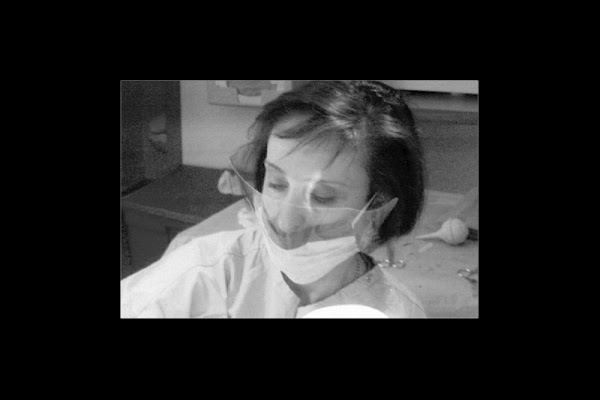Since my days at the Columbia University School of Public Health, where I worked with some of the great leaders in international public health including the late Dr. Allan Rosenfield, I've wanted to spend time working abroad in maternal-child health, which is my specialty. But with young children, the time just never seemed right to leave them behind for even a short stint, and burden my husband with the role of a single working parent.
It was our last full day in Cape Town, and efforts to get to Robben Island, the site of Nelson Mandela's political imprisonment, had been complicated by wind and weather that kept the ferry from running. This was our last chance, and we went to the V & A Waterfront in spite of the fact all departures for the day were sold out. After being turned away, the voice with a lovely British accent stopped us. "I think I can help."
My husband and I looked at each other--scalpers are everywhere in NYC and we'd had our New York radar up for the entire trip. But the woman speaking explained that her youth organization had 65 tickets paid for but only 50 kids from the township on the excursion. Their mission: To show the teens and young adults more than shanties and rubble, and that there is a life outside and they can and should enter it. Sounded great, and the tickets looked real so we turned over the rand and rode the ferry three hours later with a very excited and well-mannered group of kids in green t shirts. Before we got off the boat on Robben Island, Ingrid and I had exchanged cards and agreed to communicate. Some of their needs include dental care services, education for the parents about the dangers of drinking during pregnancy (migrant workers in the vineyards are paid with wine), healthy eating and living in general--all simple projects for a program like the one I work in that does this in the medically underserved areas of The Bronx, using teams of professionals and paraprofessionals in conjunction with community health organizers.
So, now the time is right and after our trip, my whole family wants to get involved in a project to help out in the South African townships. My daughter and I will be doing a Girl Scout project this year to get backpacks and school supplies to Langa, the township we toured.

Dr. David Appel, the director of the Montefiore School Health Program, anticipated what I was proposing when we met last week and said the magic words, "Let's do it." Now comes the long process of finding linkages, which will likely include the CUSPH, MMC, and some of the contacts I made on my journey, narrowing down the project to a manageable scope, finding funding, and finally, organizing the trip. I estimate it will take about two years to happen, which seems like a long time but one which has been even longer in coming. In the words of my beloved Yoga teacher Ronnie, "What time is it? The time is now."














